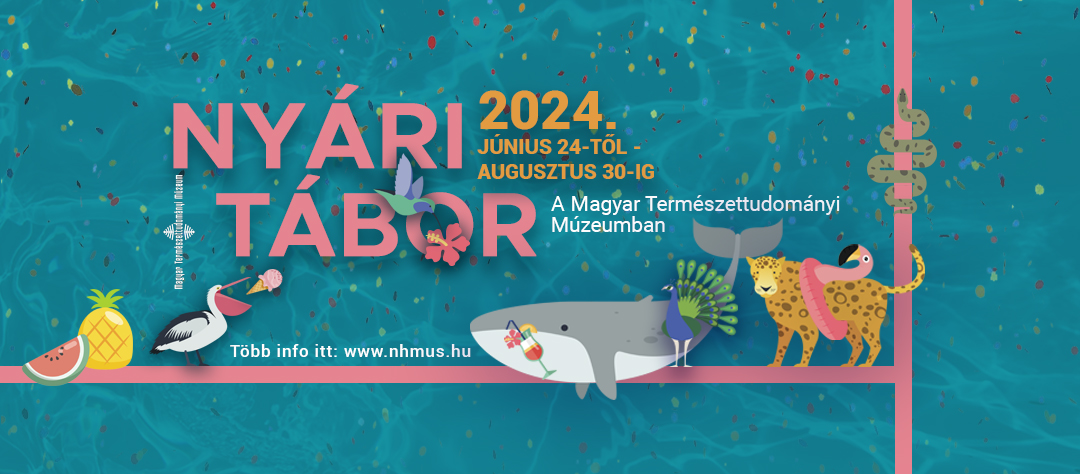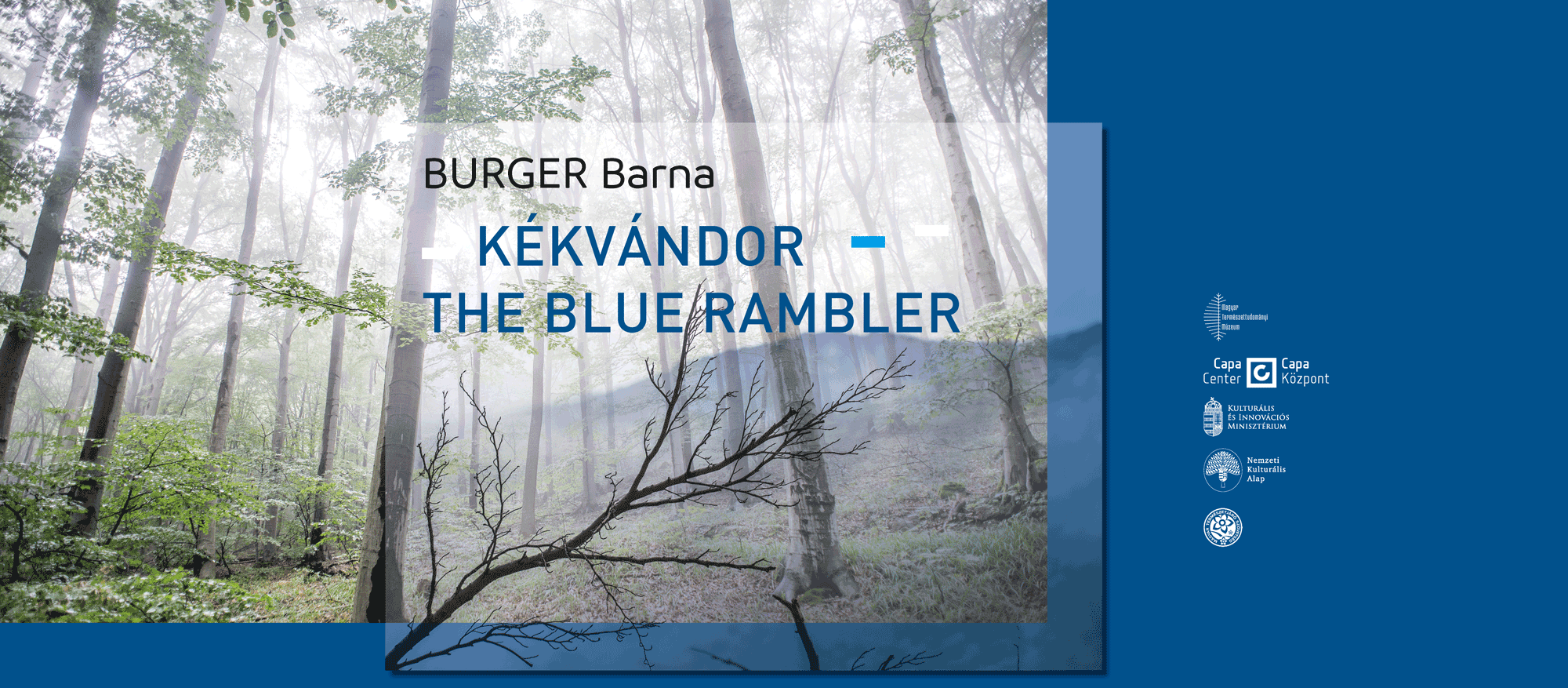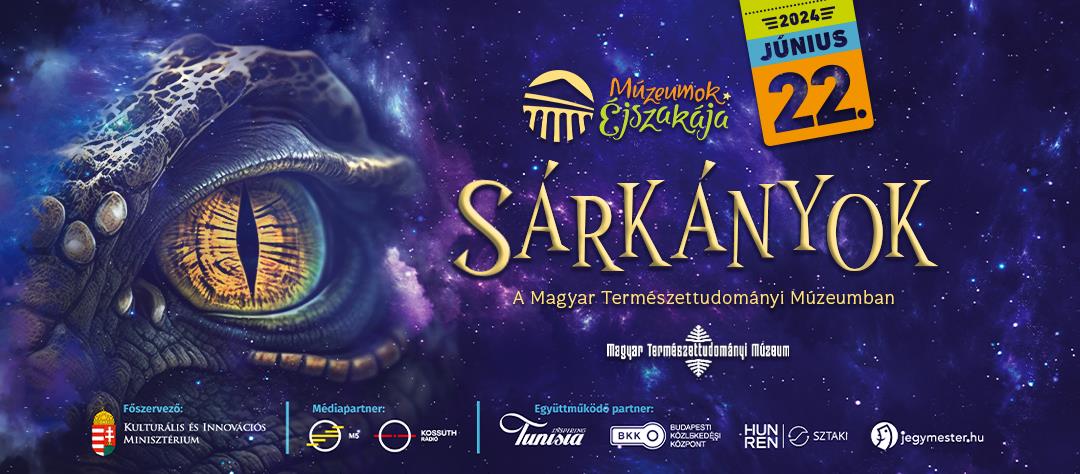
Although our collection has been continuously developing since 1808, the year we date the acquisition and documentation of the oldest specimens, in 1956, 80 % was destroyed by the fire of the revolution. The collection is systematic in its scope and incorporates specimens from all over the world. We possess most of the species described prior to World War I, but species discovered between and after the wars are much less represented. In regards to the geographic extension, a large part of our collection originate from the Carppathian Basin. The most significant specimens of them are the ones that stem from classic localities and the minerals that have been collected recently at some mine locations (Rudabánya, Gyöngyösoroszi, Erdőbénye) of present-day Hungary. We also preserve rich materials from Bohemia, Moravia, Austria and Switzerland. Due to the revolution not many specimens remained from our old collection for posterity but those ones which survived the time are spectacular and represent practically the whole world.
The collection of ore samples is stored separately but inventoried together with the minerals. The majority of it is rather inhomogeneous, originating from the Carpathian Basin. The most remarkable specimens are the skarns of the Banat (now Romania).
Gemstones also belong to the mineral collection. The most significant specimens are the cut opal collection from Červenica, Slovakia (former Vörösvágás).
Staff
Senior Curator of the Department of Mineralogy and Petrology: Gábor Papp
Curators responsible for the Collection of Minerals: Melinda Jánosi, Gábor Papp
Collection size
The collection has an itemised individual inventory. Inventory items: 56,216 (as of 31.12.2013).
Availability
The majority of the collection is arranged systematically. Specimens belonging to the same species are organised according to locality and inventory number.
Data of the specimens is available for search in digitised inventories in Excel at our location.
The collection is closed to the public. Scholarly visitors are received upon prior arrangement with our curators only.
Scientific research based on collection material is possible according to the Research Policy of the HNHM. Most collection materials are available for scientific examination for external researchers.
To discuss any of your requests, please contact our curator: [email protected].
On-site examination
Terms and Conditions (PDF)
Research permit form (DOC)



